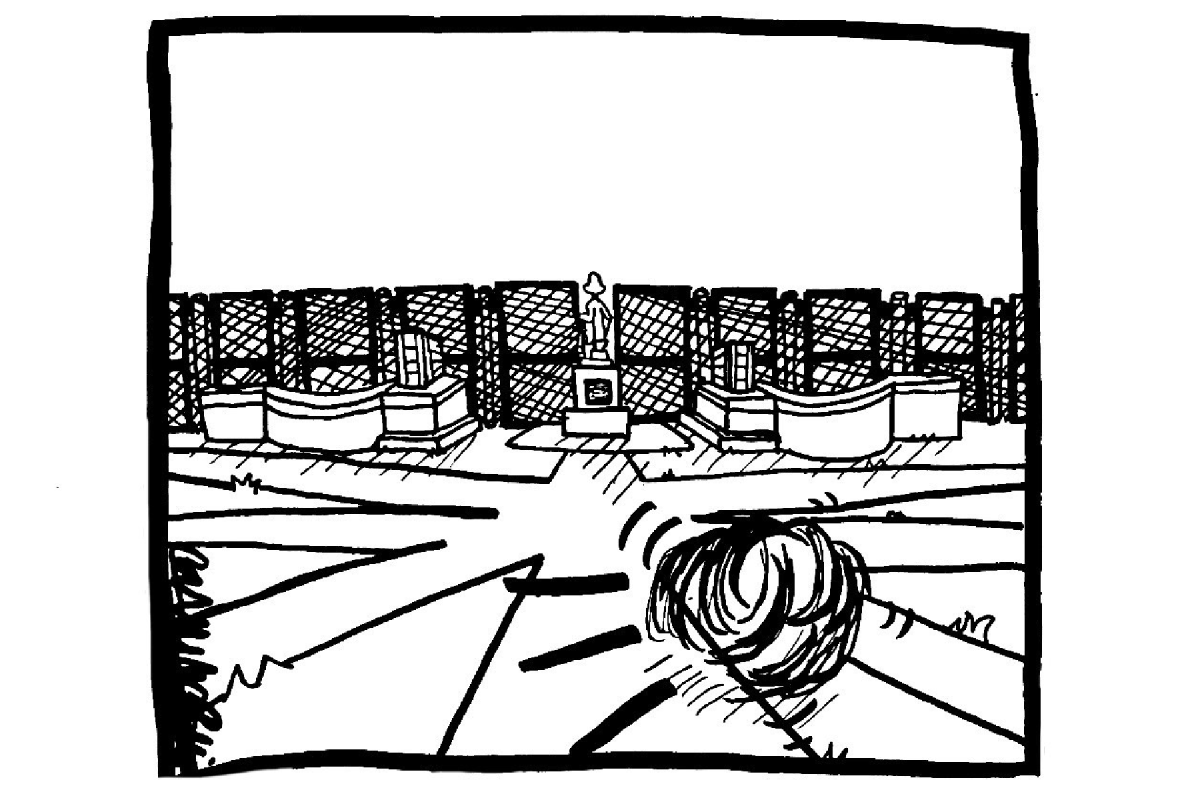Last semester marked a dark period for GW’s Greek-letter community as two of its member organizations were found in violation of the University’s hazing policy. Student Judicial Services handed down suspensions of two and three years to Alpha Epsilon Pi, a traditionally Jewish fraternity, and Alpha Kappa Alpha, a historically black sorority, respectively. The fact that SJS sanctions are tailored to the severity of each case indicates that the actions of these groups were serious infractions and posed a threat to students seeking membership in Greek-letter life at GW.
The GW Greek-letter community cannot take the issue of hazing lightly, especially in the wake of a national movement to reduce the dangers associated with Greek-letter life. While some argue that regulation of fraternities and sororities detracts from the cherished rituals and customs of the organizations, opponents of strict hazing enforcement should hold their groups to higher standards than archaic and illegal practices that put students at risk. Revered Greek-lettered institutions must adapt to modern situations and regulations to uphold reputations they seek as organizations of noble brother and sisterhood.
The Interfraternity Council has repeatedly pledged to regulate its member fraternities and ask them to hold each other responsible for acts they consider harmful to the ideals the IFC represents. Hazing is an area where this enforcement should be employed, as the membership of the IFC dwindles and historically respected fraternities are replaced by younger organizations willing to adapt to the rules. Alpha Epsilon Pi’s dismissal this year and Sigma Chi’s suspension for hazing last year mark a deleterious trend for fraternities with a long history at GW.
GW should be commended for enforcing its no-tolerance policy on hazing in these two cases, but must be aware of the potential for hazing activities in all student groups – not just Greek-letter organizations. Sports teams and student-run clubs should be monitored equally for “any action taken or situation created, intentionally, with or without consent . to produce mental or physical discomfort, embarrassment, harassment or ridicule,” as written in the University’s hazing policy. GW wisely upheld its responsibility to student safety and, along with the other Greek-letter organizations, must continue to do so.




